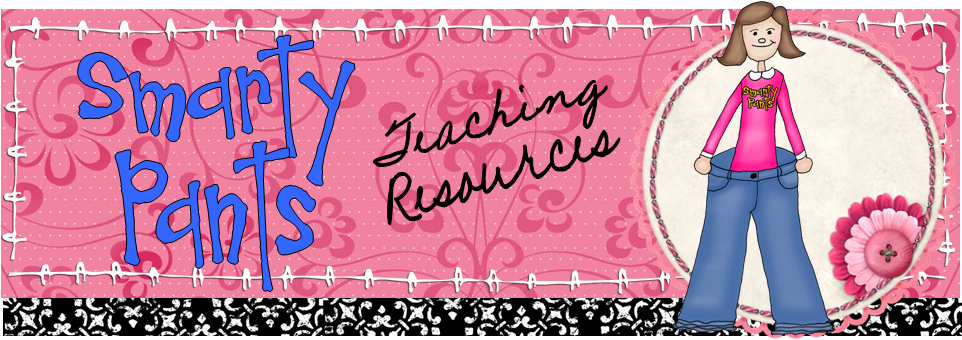Educators have always been under the microscope, but with social media it is even more pronounced. You’ve probably read stories about teachers getting disciplined or fired over something posted on Facebook. Most teaching contracts and licensing ethics lists contain wording about educators appearing respectable in public and not embarrassing the school or the system. Here, for your consideration, are five things you shouldn't do on Facebook, Twitter, Google+, and other social networking sites. Better safe than sorry!
- Don’t post, or allow someone else to post, the infamous “red cup” photo. You may have been drinking a Sprite in that cup, but someone may mistake it for a beer.
- Stay away from offensive language such as swear words.
- If you have a complaint about your district, principal, or school, or you need to blow off some steam, do it in person, over the phone, or on your own private email to one recipient--not on Facebook or Twitter. In fact, be careful about that email. Are you absolutely sure the recipient won’t forward it to anyone else?
- Never talk about students negatively, even “anonymously.” Leaving out the student’s name will not save you from a charge of making your school look bad.
- Avoid leaving your privacy up to the default settings on Facebook. Adjust your privacy settings within your account settings page to control who can see your posts. Remember, you can control who is on your friends list, but you can’t control their friends lists. Do you know who your FOAFs (Friends Of A Friend) are? Can they see what you post?
One final “do” for the list: Do make sure your friends know that you are an educator, and how important your digital life can be to your career. Ask them not to tag you without your approval, and to be careful what they post on your wall.

No comments:
Post a Comment